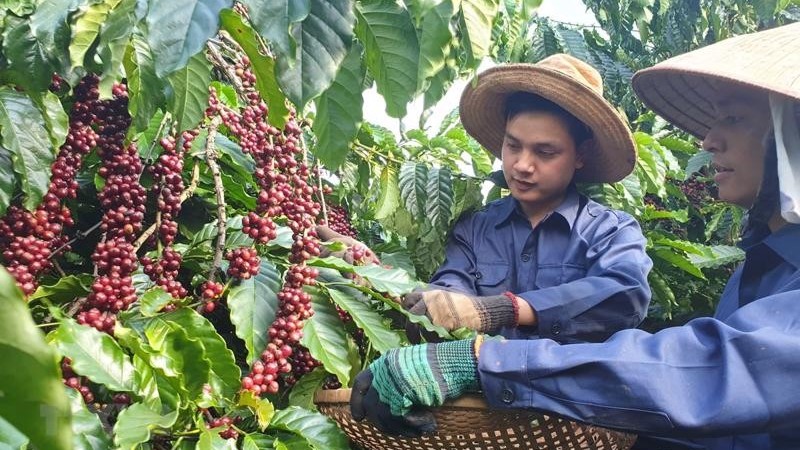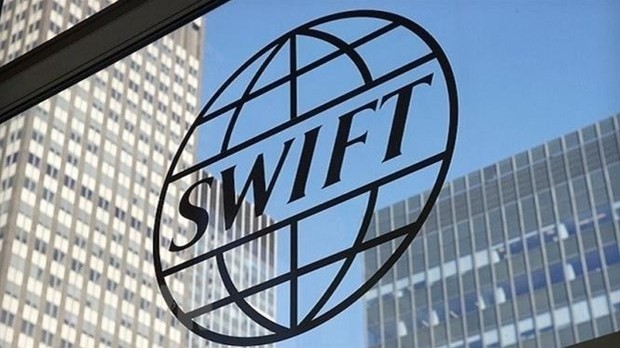
Foreign expert analyzes 'secret' for losers in the EVFTA game
Latest
| TIN LIÊN QUAN | |
| Vietnam enhances trade remedy capacity in anticipation of EVFTA | |
| EVFTA to help Vietnam develop into a global manufacturing hub | |
 |
| RMIT University (Vietnam) International Business Program Manager Dr John Walsh. (Photo: MN) |
The EVFTA contains some strong commitments for both sides, promising to bring tremendous opportunities for businesses and consumers.
A wide range of products will enjoy reduced tariffs and subsequently become cheaper to consumers. The quality of life will improve as a result, especially to urban middle-class people living in areas where retail outlets will sell those products.
Tariff reductions will also apply to various imported intermediate goods that are then assembled and re-exported. Vietnam’s role in numerous supply chains is well-known and reductions in costs will be a new form of competitiveness in the lives of those supply chains.
The EVFTA could also lead to an increase in investment in the country. There have already been several predictions of substantial increases in investment in Vietnam once the current COVID-19 pandemic is reduced as a threat.
Another less talked about point concerns the status of the country. Signing the agreement will increase not just Vietnam’s economic situation but also its political status. Other countries in the ASEAN region will likely look to emulate the agreement after studying the terms that Vietnam reached in the EVFTA.
Winners and losers expected
Having said this, free trade agreements (FTAs) tend to be asymmetric in nature. Although they offer a win-win situation overall, that does not mean that the benefits will be equally divided at each stage. Similarly, there will be a great deal of change that may not be an easy transition for all parties involved.
If we look at famous FTAs such as the North American Free Trade Agreement (NAFTA), this is commonly considered a loss for the US because the government seemingly took insufficient care to provide alternative job opportunities to people whose manufacturing jobs were lost, especially those who lived in communities that were dependent on manufacturing and were remote from other possible job markets.
With the EVFTA, people who cannot change their working lifestyle (for reasons such as age, work circumstances and an ability to acquire new skills) will need support. The government will play an important role in offering retraining, relocation and new opportunities for those able to take advantage of them.
At the same time, it is expected that a number of companies will go out of business because of the turbulence from the changes and their own inability to adapt.
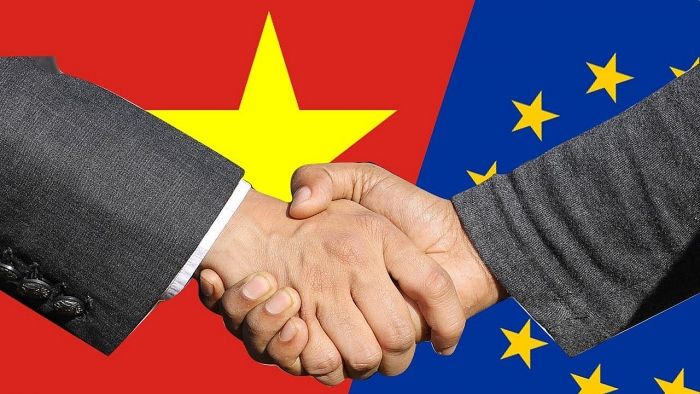 |
| For Vietnamese firms looking to export to Europe, it would be helpful to start with a European partner with expertise in local distribution markets, just as foreign firms do when coming to Vietnam. |
Moving up the value chain
The current stalwarts of the economy (such as textiles and garments, and agriculture) will continue to be important for many years to come. However, there is scope for development into higher value-adding activities.
A combination of private sector investment and government support has helped companies in sectors such as cashew nuts to produce brands that can be competitive in international markets. Money has been spent on coffee production to the same end and that could be much more successful if exported coffee shifts from the current focus on Robusta, to the higher value-adding Arabica beans.
For Vietnamese firms looking to export to Europe, it would be helpful to start with a European partner with expertise in local distribution markets, just as foreign firms do when coming to Vietnam.The more that producers can move up the ladder from commodity to branded products, the more stable their income will be and the further they can spread their products. This process could be accelerated by opening the domestic market to international retailers who are experts in incorporating local farmers into international value chains.
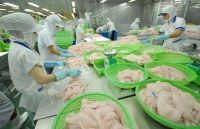
| VCCI vows to help Vietnamese business community when EVFTA comes into effect |
For those Vietnamese companies looking at competing in the domestic market, some will continue to try to compete purely on a low-cost basis and that will be successful in some cases. Others can look to benefit from the side effects of foreign direct investment in Vietnam and the possibility of technology transfer.
Overall, unique opportunities will be presented to Vietnam as the country undergoes its process of rapid economic development, now with an EVFTA boost. We have seen Japan move from poverty to wealth, then Korea, Singapore, followed by later waves of development involving Malaysia, Thailand and China. Vietnam is undergoing development after all of these predecessors. That has many implications and one of the positive ones is that the country and its people can benefit from having observed what other countries have tried before.
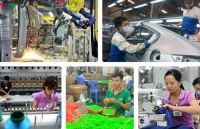 | Experts: Vietnamese businesses strive to overcome barriers upon joining EVFTA The EU-Vietnam Free Trade Agreement (EVFTA) will require Vietnamese businesses to overcome their own barriers in order to fully participate in the trade deal and ... |
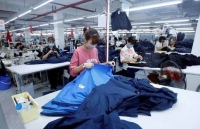 | World Bank: EVFTA could lift Vietnam’s exports by 12% by 2030 The World Bank (WB) has predicted that the EU-Vietnam Free Trade Agreement (EVFTA) could help Vietnam’s GDP and exports grow by 2.4% and 12%, respectively, ... |
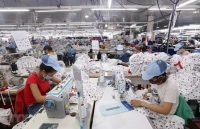 | EVFTA submitted to National Assembly for ratification Vice President Dang Thi Ngoc Thinh presented the State President’s proposal to the National Assembly for ratifying the EU-Vietnam Free Trade Agreement (EVFTA) at the ... |




